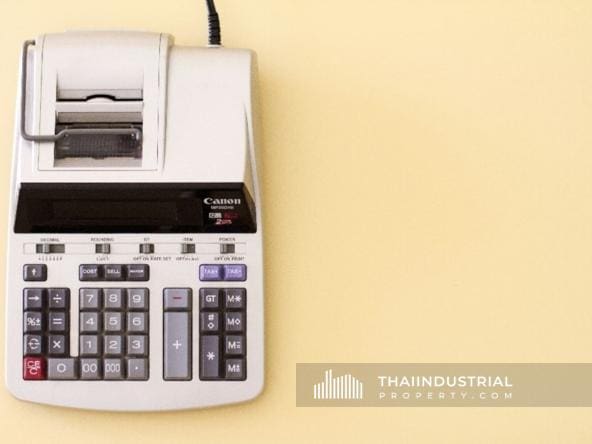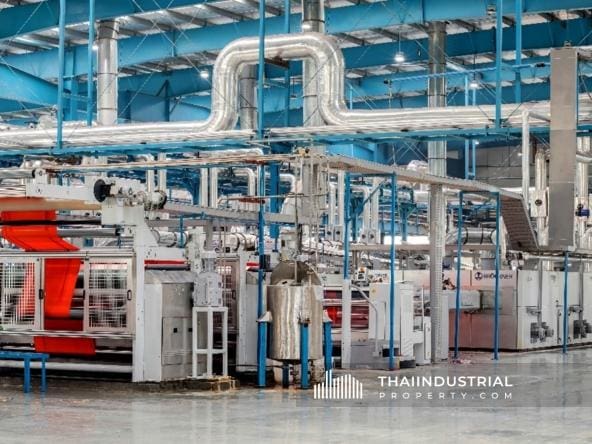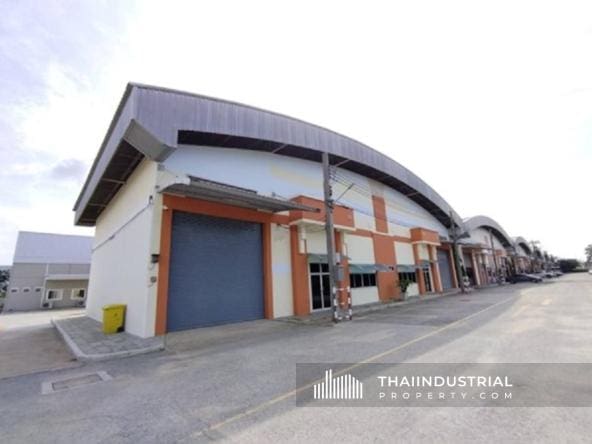Do I need to apply factory license prior to renting a factory in Thailand?
For anyone interested in setting up a factory in Thailand or starting a business in the factory business, you should know some information regarding Thailand’s New Factory Act, which goes into effect on October 27, 2019. The following is a summary of the significant details of the new Act as well as the differences from the previous one:
How is the new Act better than the former one?
The Thailand Factory Act was amended to increase the flexibility of the factory sector. As a result, both small and large factories will be able to operate more agilely, while regulation relaxation in terms of rigorous environmental concerns and risks remains unchanged.
The scope of the word “factory” in the new Act.
In the former Act, a factory refers to a building, place, or vehicle that has at least 7 employees or uses machinery with a total power of 5 horsepower or more. According to the new Act, the definition of a factory is a building, place, or vehicle that has at least 50 employees or uses machinery with a total power of 50 horsepower or more.
People are still fully protected, just as they were under the former Act
Although Thailand’s New Factory Act will benefit the factory businesses to be able to operate smoothly as mentioned above, the people and residents around the factory will still receive 100% protection, just as they received under the former Act.
Is the renewal of the factory operation permit (Ror. Ngor. 4) still required?
According to the new Act, the criteria for applying for a factory permit in Thailand, whether operators operate general factories or small and medium enterprises (SME) with machinery less than 50 horsepower (or 50 employees), they do not have to renew the factory operation permit every 5 years.
A factory that already has a factory operation permit does not need to apply for a new one.
According to Thailand’s New Factory Act, a factory that already has a factory operation permit, even if the horsepower or number of employees is reduced to less than 50, is still considered as a factory licensed under the criteria for applying for a factory permit in Thailand until it notifies the termination of the factory operation.
Using private auditors instead of government officials
The new Act authorizes private inspection agencies that have been licensed or accredited by the government agency to inspect factory businesses. As a result, factory businesses do not have to wait to be inspected by just government officers.
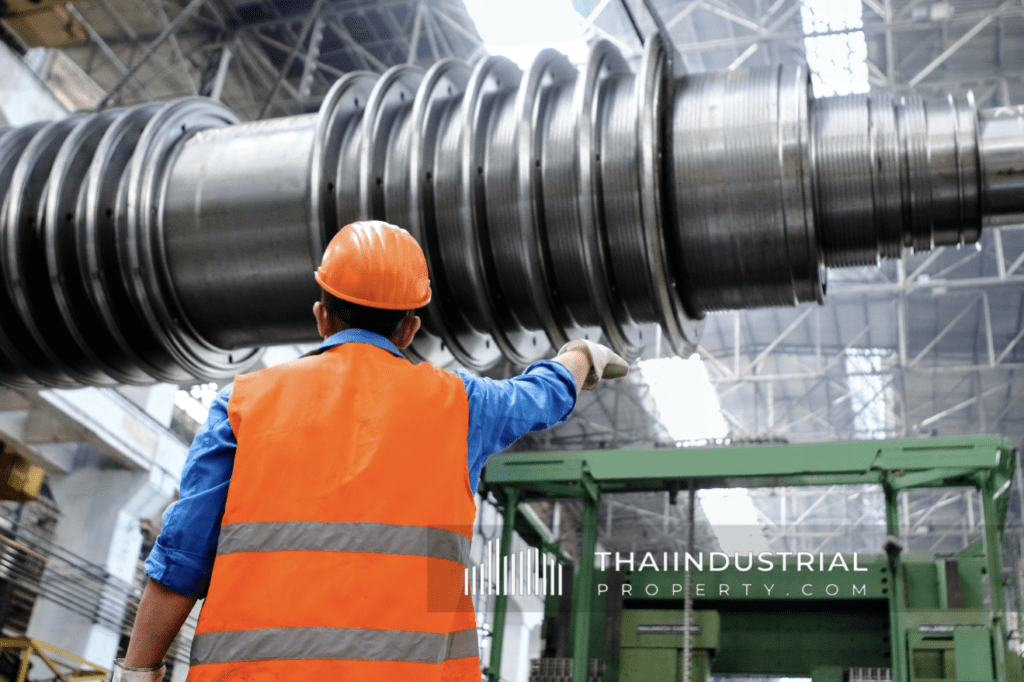
Qualifications of private auditors
Although the revised Thailand Factory Act allows private auditors to audit the factory, the private auditors need to have a valid license with the following qualifications:
- The auditor must have a license for professional practice in engineering, science, or technology.
- The auditor must have at least five years of experience in electrical, environmental safety, chemical, mechanical, civil engineering, or other relevant fields.
Although Thailand’s new Factory Act will assist to accelerate audits by employing private auditors, the auditors must have qualifications and experience as specified by the Department of Industrial Works. This is to maintain standards and strictness in terms of safety.
Increasing the rigor of self-certification
Thailand’s New Factory Act requires factory operators to perform self-declared, known as self-certification, for a specified period to guarantee that their operations are in accordance with the law.
How to transfer a factory operation permit to another factory operator?
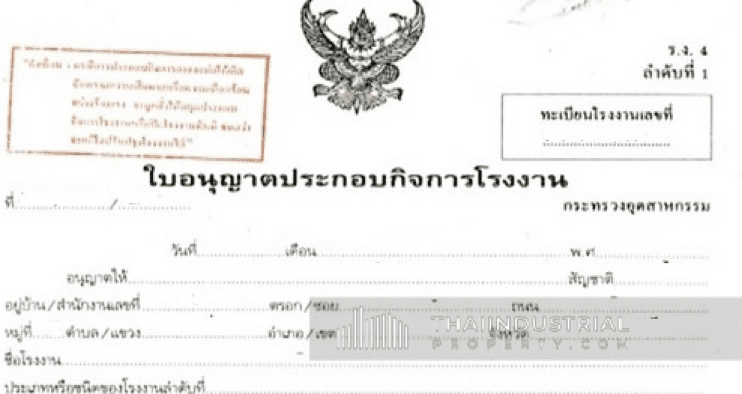
A factory operator that is unable to operate its factory after obtaining a factory operation permit can transfer thefactory operation permit to another factory operator following the procedures for obtaining a factory operation permit in Thailand and the conditions as follows:
- A factory operator that wants to transfer a factory operation permit must submit a request for the license transfer within 30 days after buying, selling, or renting a factory has been approved.
- The request will be entitled to be a licensee pending consideration.
- A factory operator applying the application for the licensee within 30 days can continue to operate the factory immediately. Even if it is pending approval, it is deemed that the applicant has become a licensee.
- Whenever the factory operation permit is transferred, the original licensee will no longer have the right to lease or purchase the factory.
In conclusion, the Factory Act (No. 2), which is the new amendment that has been in effect since 2019, can facilitate obtaining a factory operation permit in Thailand to be more convenient and flexible. At the same time, the new Act can oversee company operations so that they are safe for the environment, the public, and the country’s economic stability.
If you want to know more about Thailand’s new Factory Act, visit http://www.ratchakitcha.soc.go.th/DATA/PDF/2562/A/056/T_0213.PDF. This link provides all details of this law. Those who are interested in setting up a factory in Thailand or want to rent a warehouse with high standards and security, an excellent management system with CCTV throughout the area, and 24-hour security guards can learn more details or ask for information contact us.


